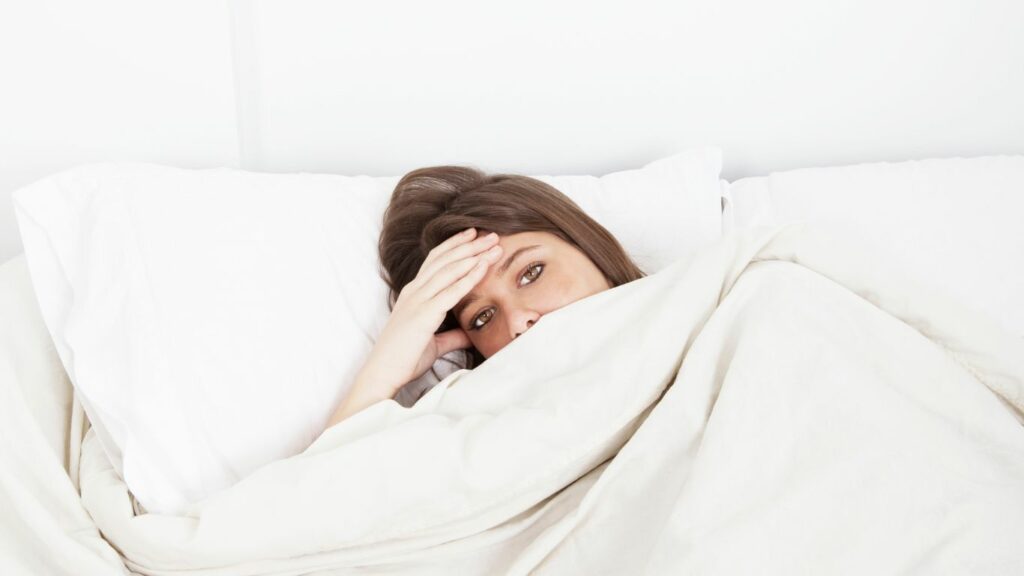How Does it Feel to be Dope Sick?

What Does the Term “Dope Sick” Mean?
According to the National Library of Medicine, a dose of heroin was seen as a “wonder drug” in the late-1890s, but by the early-1910s, scientists had discovered the harmful, addictive qualities of heroin. Today, thanks to the National Library of Medicine, we know that heroin is highly addictive and that people who frequently use it develop a high tolerance and heroin dependence. Once addicted to pain medications, it’s difficult to quit cold turkey. If attempted, it’s likely one will experience symptoms of withdrawal, known as dope sickness.
“Dope sick” refers to the flu-like symptoms that occur with opiate withdrawal. Typically, dope sickness occurs after a user has been without their drug of choice for six to 12 hours. The peak of heroin withdrawal usually hits within three-to-four days. What does it feel like?
What Dope Sick Actually Feels Like
Symptoms of dope sickness, and their intensity, vary person by person. However, common signs of heroin withdrawal symptoms include:
- Diarrhea and vomiting and/or constipation
- Hot/cold flashes and sweating
- Muscle aches and spasms
- Sensation of bugs crawling on or under skin
- Hyper-awareness
- Dry mouth
- Headaches
- Insomnia
In addition to the physical symptoms of dope sickness, the effects of heroin withdrawal impacts mental health and can exacerbate mental illness. Patients may experience emotional withdrawal symptoms like:
- Agitation
- Anxiety
- Paranoia
- Frustration
- Depression
- Personality disorder
Many have reported opioid withdrawal resembles symptoms of the flu, but dope sickness is more intense. Diane Woodruff, a writer from Arizona, struggled with addiction, and she described withdrawal like this, “If you’ve ever had the flu, it’s like that, but times 100.”
How to Manage Opioid Withdrawal and Dope Sickness
How do those who are addicted to opioids or pain pills and struggling with addiction deal with opiate withdrawal and dope sickness? Help from a health care professional in a health facility or treatment center is recommended.
Currently, there are several medicines to help with heroin addiction by binding to the same opioid receptors in the brain as heroin, but not as severely to aid withdrawal symptoms. This type of drug treatment occurs in hospitals or through treatment programs at treatment centers, under the supervision of a trained health care professional.
Medical Detox for Opioid Addiction
A medical detox, or detoxification, is a medically-supervised approach to treat addiction to opiates. While some may think the best approach to heroin addiction treatment would be simply quitting heroin cold turkey, the fact is many people who complete a detox soon relapse and return to opioid use. That’s why medical professionals recommend detoxification that includes mental health care therapy in conjunction with medication-assisted treatment (MAT). This treatment program utilizes FDA-approved medications like buprenorphine, methadone, and naltrexone to wean patients off their opioid or pain pill dependence in a safe, medically-controlled way.
MAT for Opioid Addiction
MAT provides a whole-patient approach to the drug treatment of drug abuse disorders with the combined use of medication and mental illness counseling. Research shows that this holistic approach to addiction can treat these disorders and help sustain recovery. MAT helps prevent and reduce the risk of overdose, and lowers one’s risk of contracting HIV or hepatitis C from injecting drug shared needles.
According to the Substance Abuse and Mental Health Services Administration (SAMHSA), an estimated 2 million Americans experienced an opioid use disorder in 2018. The National Institute on Drug Abuse says MAT allows a clinically effective addiction treatment that decreases the need for inpatient detoxification.
With MAT, individuals with an opioid addiction can experience full recovery and live a self-directed life. The MAT treatment approach has been shown to improve patient survival by preventing heroin overdose, enhance a patient’s ability to maintain employment, and decrease the rate of criminal activity among those with substance abuse disorders.
If you would like more information about our MAT treatment for opioid addiction, please get in touch with us today at (609) 993-0733.